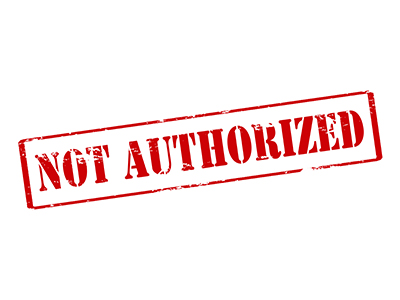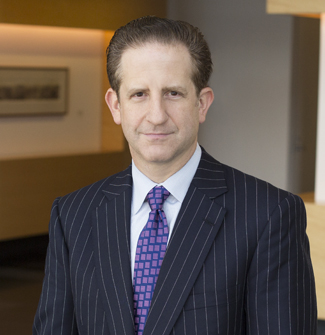Robert Shwarts is a first chair trial lawyer and Chair of Orrick's Global Trade Secrets Practice Group who has tried or arbitrated more than 40 cases in the areas of commercial litigation, employment and intellectual property.
He represents plaintiffs and defendants in complex trade secret misappropriation cases and has conducted numerous TRO and preliminary injunction hearings in aid of these cases. His practice also includes counseling relating to trade secrets misappropriation and non-compete/non-solicitation agreements.
Rob has broad experience in commercial litigation, having litigated claims of securities fraud, lender liability, breach of contract, breach of fiduciary duty, breach of warranties, claims arising from securitization transactions and other business fraud.
Rob's experience in employment-related litigation includes defending claims of discrimination, wrongful discharge, retaliation, sexual harassment and breach of contract. His practice also includes counseling relating to trade secret misappropriation and non-compete/non-solicitation agreements.
U.S. and international clients with significant California presence turn to Rob to represent them in complex matters, including numerous financial services companies. He handles both jury and bench trials, as well as AAA, JAMS and FINRA (formerly NASD and NYSE) arbitration hearings.
Rob serves as the chair of the Firm’s Practice Management Committee, and is a member of the firm’s Risk Management Committee. Rob previously served as head of the San Francisco office. Rob contributes pro bono hours to the Humane Society and Point Blue Conservation Science each year.
Rob is a contributing author to the Orrick trade secrets blog, Trade Secrets Watch.

As many loyal TSW readers know, we’ve been watching the ongoing saga involving ex-Korn Ferry recruiter David Nosal wind its way through the courts since the early days of this blog. And last month, the highly anticipated Ninth Circuit opinion in United States v. Nosal was issued on July 5, 2016 (“Nosal II”). This was the second time the Ninth Circuit had issued a ruling in the case relating to charges under the Computer Fraud and Abuse Act (the “CFAA”). In April 2012, an en banc panel dismissed five of the eight CFAA counts against Nosal (“Nosal I”). A jury subsequently convicted Nosal of the remaining three CFAA counts, as well as two Economic Espionage Act (“EEA”) counts in April 2013 and Nosal was sentenced to 366 days in prison, three years supervised release, community service, $60,000 in fines, and restitution. READ MORE →

Relief may soon be coming for trade secrets plaintiffs longing for federal court. Last year we covered the introduction of the Defend Trade Secrets Act (DTSA), compared it to the Uniform Trade Secrets Act (UTSA), and questioned whether federal court under this new law would be a preferable venue to plaintiffs. Since then, the bill, like the many that came before it, died in Congress. READ MORE →

On Christmas, Santa and his elves have their work cut out for them and sometimes even they can use help to get their jobs done. During the holiday season, a variety of businesses assist Santa & Co. to import and distribute Christmas merchandise and other seasonal goods to retail stores in time for the holidays. Unfortunately, those companies can be as susceptible to a trade secrets dispute as anyone else, and one year just such a dispute threatened to put a damper on Christmas. READ MORE →

America’s reverence for anonymous speech is as old as the republic itself, tracing its roots to Thomas Payne’s pamphlet “Common Sense” and the Federalist Papers. But the right to speak namelessly has limits, and hedge fund billionaire David Einhorn recently demanded that a court unmask a blogger who anonymously disclosed confidential investment information.
Early last month, Greenlight Capital, Inc., Einhorn’s hedge fund, filed suit in New York state court against Seeking Alpha, Inc., a popular stock market blogging website. In the suit, Greenlight asked the court to order Seeking Alpha to identify a blogger who anonymously exposed Greenlight’s stake in Micron Technology before Greenlight revealed it. READ MORE →

On Christmas, Santa and his elves have their work cut out for them and sometimes even they can use help to get their jobs done. During the holiday season, a variety of businesses assist Santa & Co. to import and distribute Christmas merchandise and other seasonal goods to retail stores in time for the holidays. Unfortunately, those companies can be as susceptible to a trade secrets dispute as anyone else, and one year just such a dispute threatened to put a damper on Christmas. READ MORE →







